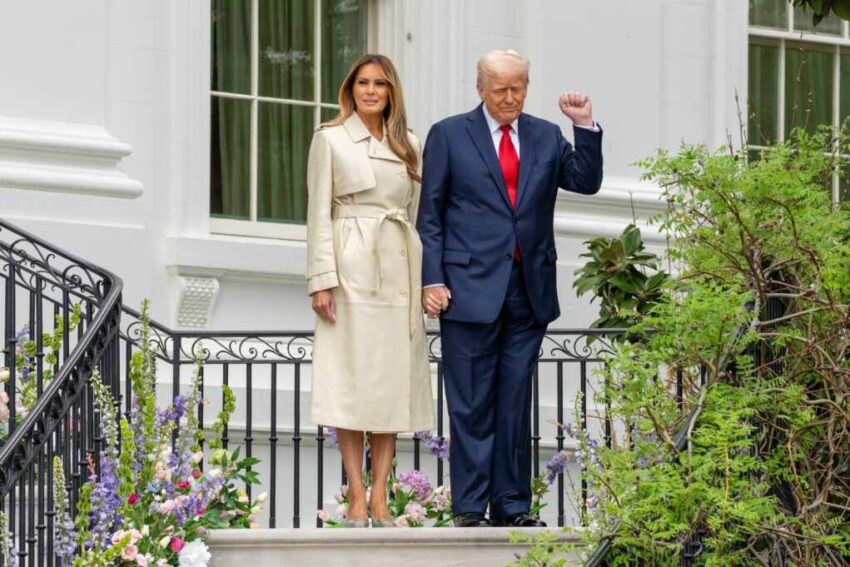The disbandment of the Quiet Skies program by the Trump administration has sparked anew allegations concerning the political misuse of government surveillance.
At a Glance
- President Trump ordered an investigation into Joe Biden and his aides.
- The Quiet Skies program aimed to increase airplane security but faced criticism for abuse.
- Trump administration terminated the program after claims of misuse for political targeting.
- Kritics questioned the program’s effectiveness, reporting it failed to prevent terror attacks.
The Allegations Surrounding Quiet Skies
Kristi Noem, as Homeland Security Secretary, announced the termination of the Quiet Skies counterterrorism program due to its alleged misuse to target political opponents and to benefit allies of the Biden administration. Noem claimed the program failed to prevent any terrorist attacks despite costing taxpayers approximately $200 million annually.
The program, under the TSA’s management, allowed federal marshals to monitor U.S. citizens on certain flights if they had contact with “known or suspected terrorists.” Individuals could be surveilled even if not on a terrorism watch list or suspected of any crime, drawing concern over civil liberties.
Questionable Practices and Calls for Investigation
President Trump has accused Biden’s aides of abusing power, particularly through the use of an autopen for Presidential signatures, and has ordered an investigation into this alleged misconduct. Trump underscored his concerns in a memorandum directed to the Attorney General and Counsel for President, describing the situation as one of the “most dangerous” scandals in U.S. history.
“it has become increasingly apparent that former President Biden’s aides abused the power of Presidential signatures through the use of an autopen” – President Donald Trump.
Kriti Noem further criticized Quiet Skies as a “political Rolodex” and urged Congress to conduct a deeper investigation into the program’s misuse, emphasizing the need for stringent oversight to protect political fairness and individual rights.
The Complexity of Government Surveillance
The controversy also casts a spotlight on the broader dynamics and contentious politics surrounding government surveillance under successive administrations. The Quiet Skies program, facing numerous criticisms and accusations, highlights the pivotal balance between national security needs and the safeguarding of civil liberties and public trust. The Department of Homeland Security (DHS) has now announced the program’s termination while assuring that TSA will continue its security functions, including implementing REAL ID to enhance security measures.
The issue of surveillance misuse is not new, but the Quiet Skies saga is a stark reminder of the necessity for transparency, accountability, and oversight in government operations. Ensuring that national security programs do not become tools for partisan advantage is crucial for maintaining democratic integrity and public trust.
“According to Ms. Noem, who made the announcement on social media, the program “failed to stop a SINGLE terrorist attack while costing US taxpayers roughly $200 million a year.”” – Kristi Noem.
Click this link for the original source of this article.
Author: Editor
This content is courtesy of, and owned and copyrighted by, https://conservativeamericatoday.com and its author. This content is made available by use of the public RSS feed offered by the host site and is used for educational purposes only. If you are the author or represent the host site and would like this content removed now and in the future, please contact USSANews.com using the email address in the Contact page found in the website menu.








